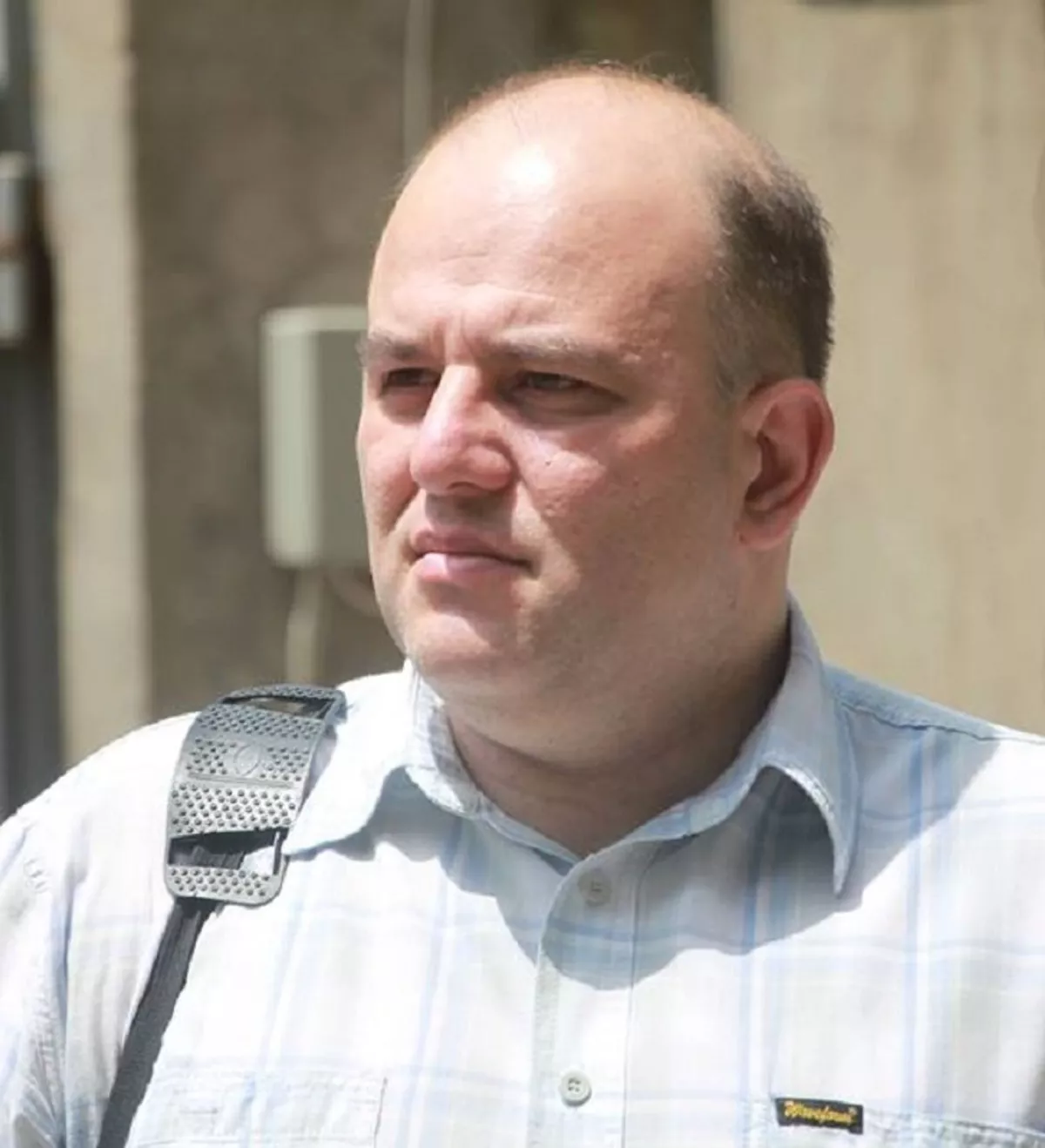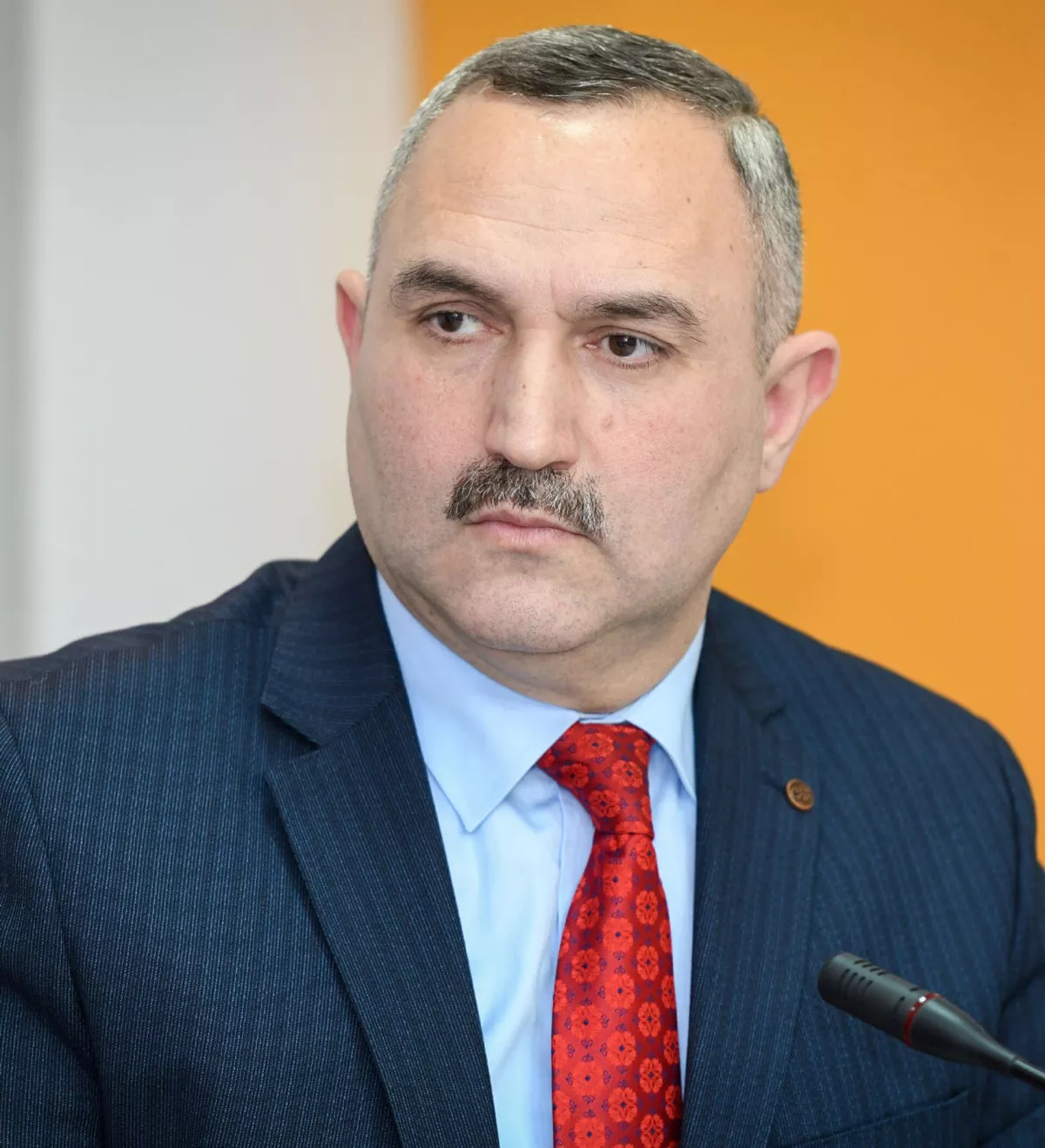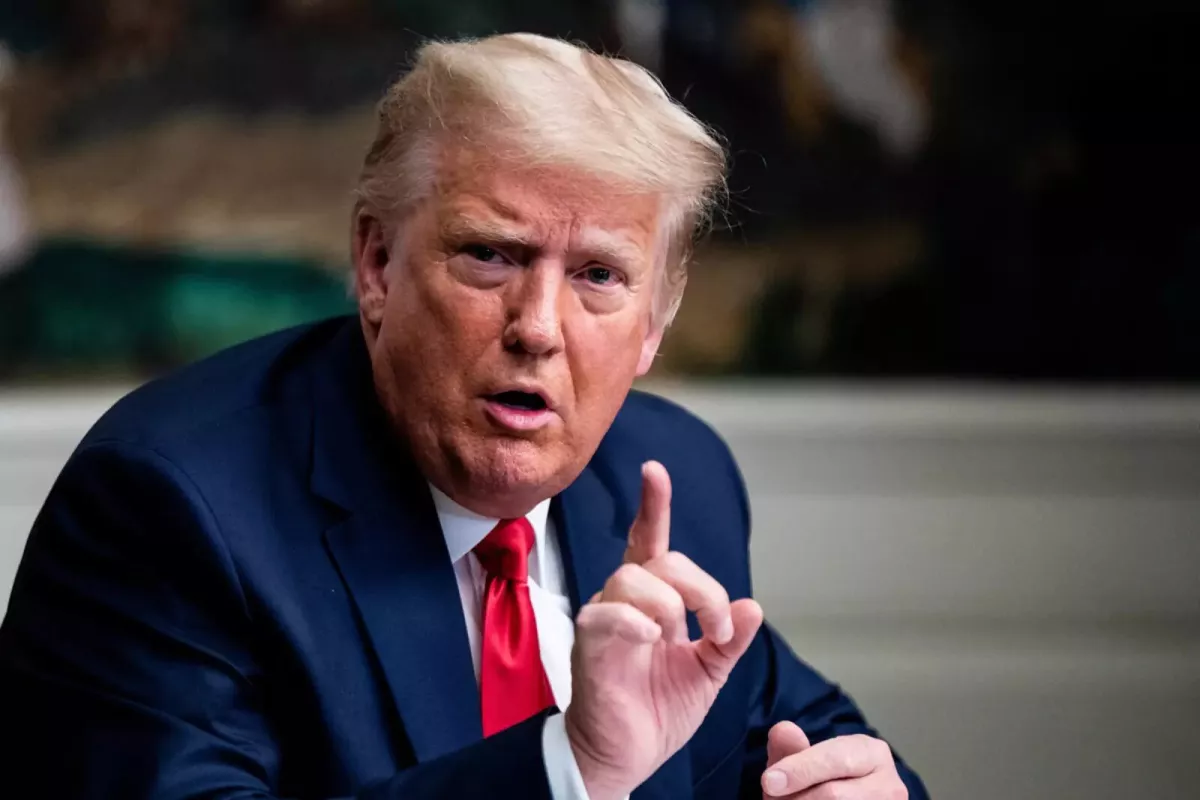Pro-Armenian diplomacy under the UNESCO flag Experts question the organisation’s credibility
The United States announced its withdrawal from UNESCO, citing the organization's support for initiatives that do not align with Washington’s interests, including anti-Israel and anti-Jewish positions. However, regarding Azerbaijan, UNESCO consistently takes a pro-Armenian stance — the organization regularly issues statements about the so-called “lost ancient Armenian heritage in Karabakh,” while ignoring Baku’s calls to investigate the destruction of Azerbaijani historical monuments.
So, should Azerbaijan, following the example of the United States, also demonstrate a tough position toward UNESCO to “bring this UN structure to its senses”? After all, the organization exists thanks to its member states, including the funds contributed by Azerbaijan. How appropriate is it to finance its biased policies?
These questions were answered by well-known experts for Caliber.Az.

Doctor of Political Sciences and Professor Vakhtang Maisaia (Georgia) emphasised that the U.S. decision to withdraw from UNESCO due to the organisation’s disregard for American interests is an exercise of any state’s sovereign right.
“The same applies to Azerbaijan. I believe it is important to note that UNESCO’s headquarters are located in Paris, where the French factor plays a dominant role. Accordingly, the organisation’s policy toward Azerbaijan should be viewed in the context of France’s geopolitical course. In other words, we are witnessing a pro-Armenian stance and the politicisation of what is supposed to be a cultural institution.
The decision, of course, lies with sovereign and independent Azerbaijan. It has every right to act in accordance with its national interests,” the professor stated.

Member of the Milli Majlis (parliament) and Chairman of the Eurasian Platform for Migration Initiatives, Azer Allahveranov, noted that unfortunately, UNESCO—like many other international organisations—demonstrates a clear bias against Azerbaijan.
"This bias is most evident in its pro-Armenian orientation. A legitimate question arises: if an organisation takes such a stance and ignores the issues raised by Azerbaijan, is it worth continuing cooperation with it or even remaining a member?
Before the 44-day war, during the period of Armenian occupation, Azerbaijan repeatedly appealed to UNESCO with proposals to send a mission to the occupied territories to document the destruction.
We were well aware that mosques, shrines, and other historical and cultural sites belonging to the Azerbaijani people had been destroyed there. Despite numerous appeals, UNESCO never deemed it necessary to dispatch a mission.
Meanwhile, some international bodies mentioned the destruction in their reports. Azerbaijan presented this evidence—even if partial and fragmentary—despite the occupation. It was sufficient to initiate an investigation. Yet the organisation, regrettably, ignored the appeals of official Baku, including those from civil society institutions.
Even after the liberation of territories following the 44-day war and the one-day anti-terror operation in 2023, when large-scale destruction was documented, UNESCO took no action. Yet it was obvious that even a basic visual inspection could have confirmed the evidence of barbaric treatment of Azerbaijan’s cultural heritage. Aerial and satellite imagery could have provided further proof — but even that was deemed ‘insufficient.’
Azerbaijan submitted this evidence to the international community, including UNESCO. However, to the best of my knowledge, the organisation has still not dispatched a mission to the liberated territories. This raises a legitimate question: if UNESCO continues to adopt a biased, pro-Armenian stance, what is the point of maintaining further cooperation?

The Trump administration’s decision to withdraw from UNESCO was based on the argument that the organisation no longer served U.S. interests and demonstrated a politicised approach. This suggests that the organisation’s attitude toward different countries is shaped by political convenience and used as a tool of pressure. Washington articulated this position clearly, and its reasoning appears logical.
Such one-sidedness and bias on the part of UNESCO directly affect Azerbaijan’s interests as well. It is entirely reasonable to ask whether it makes sense to remain part of a structure that operates on membership contributions, including those from Azerbaijan. The destruction of the Azerbaijani people’s historical and cultural heritage is not only a loss for Azerbaijan — it is a loss for all of humanity.
UNESCO should be guided by a global and universal approach, yet instead it takes a pro-Armenian stance and accuses Azerbaijan of fabricated issues allegedly related to the 'Armenian heritage' of Karabakh.
If UNESCO is genuinely concerned about this matter, let them come to Baku and see the Armenian church here—standing intact and unharmed. Then let them send a mission to the liberated territories, where they can witness firsthand the extent of the destruction.
And if one approaches the issue objectively, it becomes clear that many of the monuments Armenian experts claim to be Armenian are, in fact, Albanian. These claims are often accompanied by falsifications, distorted facts, and false interpretations of history. Nonetheless, UNESCO continues to disregard Azerbaijan’s valid arguments.
Moreover, many mosques, shrines, and historical monuments have been destroyed on the territory of Armenia itself. Why doesn’t UNESCO address this issue? It has all the means to do so. But unfortunately, the organisation makes no secret of its bias.
And so, the question naturally arises: should Azerbaijan remain part of such an organisation? It is a completely legitimate question. I believe that when making a final decision on this matter, the country’s political leadership will take into account UNESCO’s current position toward Azerbaijan," Allahveranov concluded.








